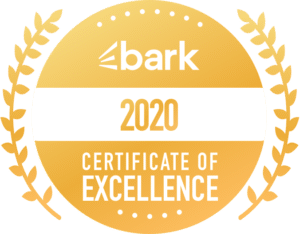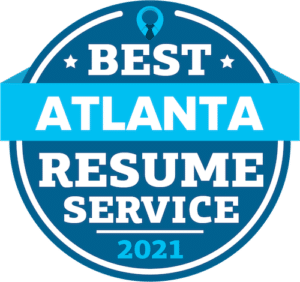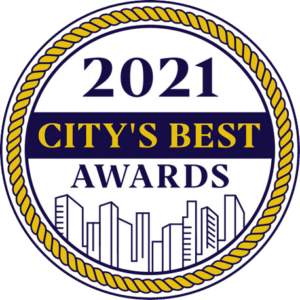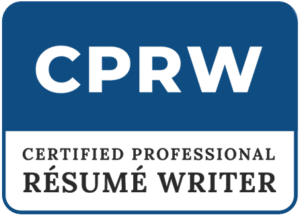Writing a resume can be an intimidating task, particularly if you don’t have any experience to highlight. But don’t worry – there are still ways to show potential employers that you’re the right person for the job!
If you have no experience, your resume should be one page. For entry-level positions, you can use a functional or chronological resume format.
A functional resume format focuses on your skills and abilities. This format is a good choice if you have little to no work experience or are changing careers. To use a functional resume format, list your:
-Relevant skills
-Professional accomplishments
-Work experience
-Education
-Volunteer work or internships
Gain experience through Internship or freelancing platforms:
If you have no work experience, an internship is a great way to get your foot in the door and start building your resume. Many internships are unpaid, but some companies offer stipends or even pay for your transportation and housing. Free gigs are another great way to get experience, especially if you’re starting in your career. These gigs are usually short-term projects that you can do on your own time, and they can be a great way to build your portfolio and get your name out there.
You can check the websites like Upwork or Fiverr for such work opportunities.
Educate yourself on the company/position you are applying for
When applying for a job, it’s important to do your research and learn as much as possible about the company and position you’re applying for. This will help you write a more targeted resume and cover letter and prepare for an interview.
To start your research:
Look up the company’s website and read through its About Us page.
See if you can read any news articles or press releases.
If they’re active on social media, look at their profiles and see what content they share.
Once you’ve gathered basic information about the company, start researching the specific position you’re applying for. Read through the job description carefully and make a list of the key skills and requirements that are mentioned. Then, find any articles or blog posts online that advise how to write a resume and cover letter for that particular type of job. You can also consider hiring a professional resume writing company like CareerPro.
By educating yourself on the company and position you’re applying for, you’ll be able to write a more targeted and impressive resume that is more likely to get noticed by hiring managers.
Create a list of your skills, and achievements:
If you have no work experience, your resume should focus on your academic achievements and skills. Include a list of your relevant coursework, honors and awards, and skills. If you have any relevant internships or volunteer experience, be sure to include these experiences as well.
Following are some examples of what you can include:
Skills:
• Proficient in Microsoft Office Suite (Word, Excel, PowerPoint)
• Time management and organizational skills
• Excellent research and analytical skills
• Problem-solving ability
• Ability to work independently and as part of a team
• Excellent written and verbal communication skills
Achievements:
• Awarded the best student in Economics at the University of XYZ in 2020.
• Selected as leader of a project to improve customer satisfaction among customers of ABC Corporation.
Experience:
• Internship experience with ABC Corporation, where I gained experience working with clients, creating presentations, and managing projects.
• Volunteered as an English tutor for disadvantaged youth, helping them improve their writing skills.
Goal Statement:
Create a goal statement that summarizes who you are and what you want to achieve in the future
Remember who you are and what you want to achieve when writing your goal statement. This will help you stay focused on your goals and ensure that your resume reflects your professional aspirations. If you’re not sure where to start, consider these tips:
1. Start by introducing yourself. Who are you, and what do you want to achieve?
2. Keep it concise. Your goal statement should be a maximum of a few sentences long.
3. Be specific. What kind of career do you want to have? What are your particular goals?
4. Write down your goals. Having them written down will help you stay accountable and on track.
5. Check back periodically. Make sure your goal statement reflects who you are and what you want to achieve as you gain new experiences and grow professionally.
Make sure your resume is formatted correctly and includes keywords:
When you format your resume, use simple headers and clear Fonts. Make sure to include keywords from the job ad throughout your resume.
Including keywords on your resume helps recruiters identify whether you are a good fit for the role. Include relevant keywords in your resume header, summary, skills section, and work experience.
Stick to a clean and simple resume format. Recruiters should be able to quickly scan your resume and identify your name, contact information, education, and work experience.
Use fonts that are easy to read. Avoid using fancy fonts or adding decorative elements to your resume. The goal is to make your resume easy to read so recruiters can quickly identify your qualifications.




